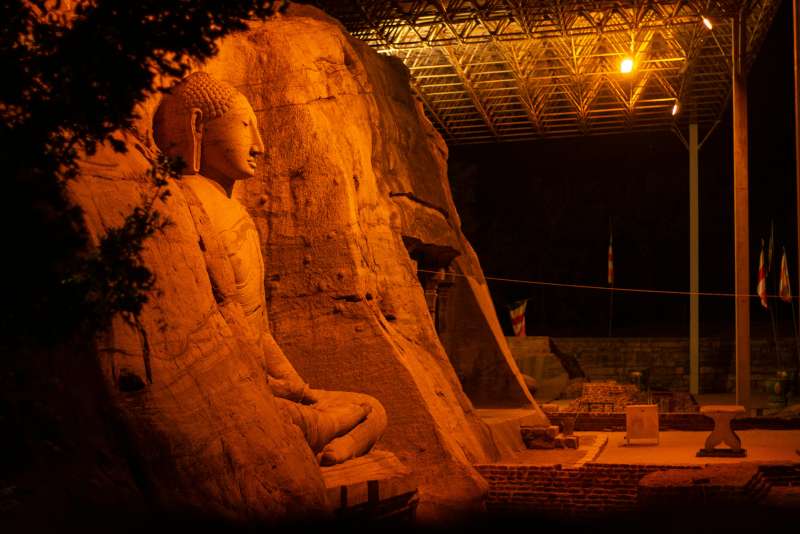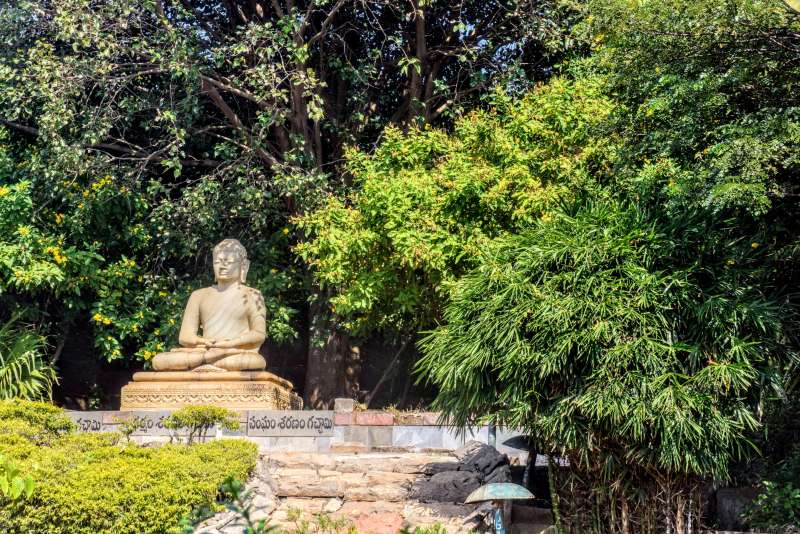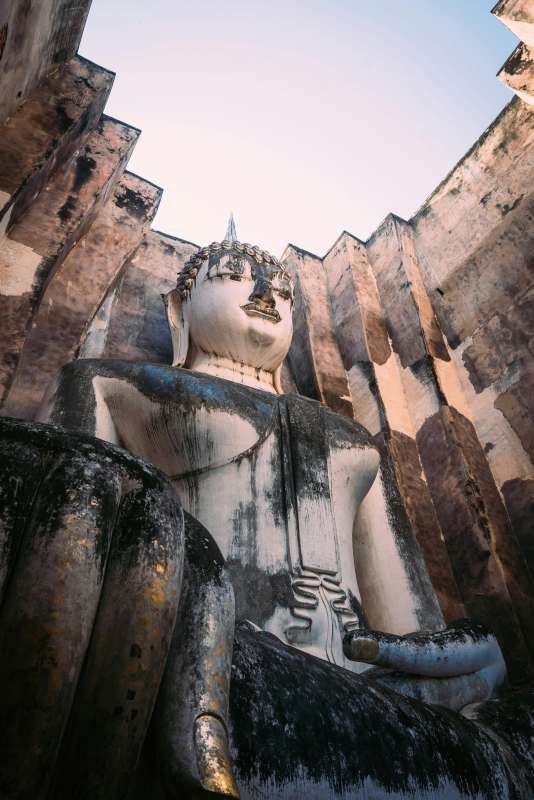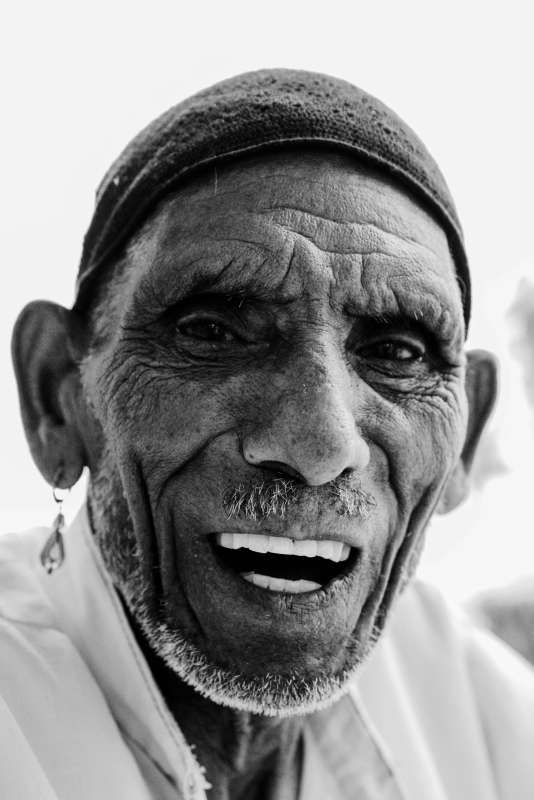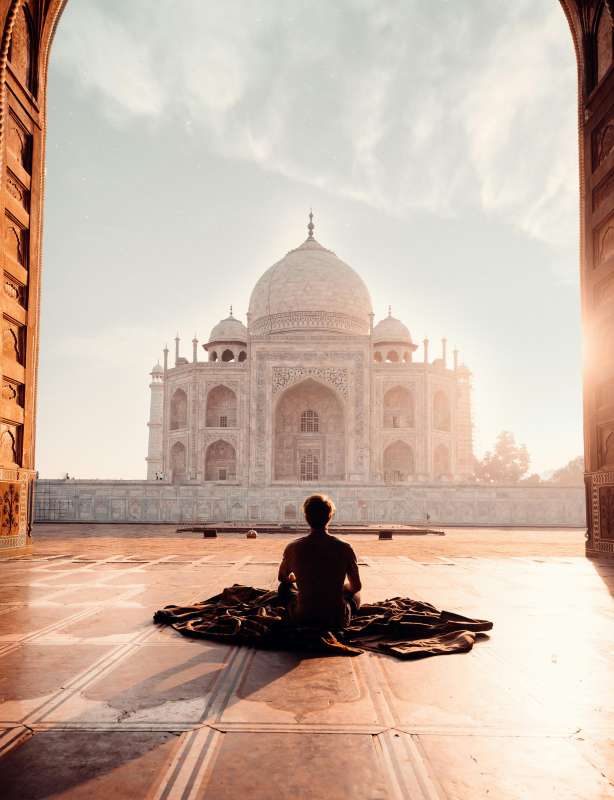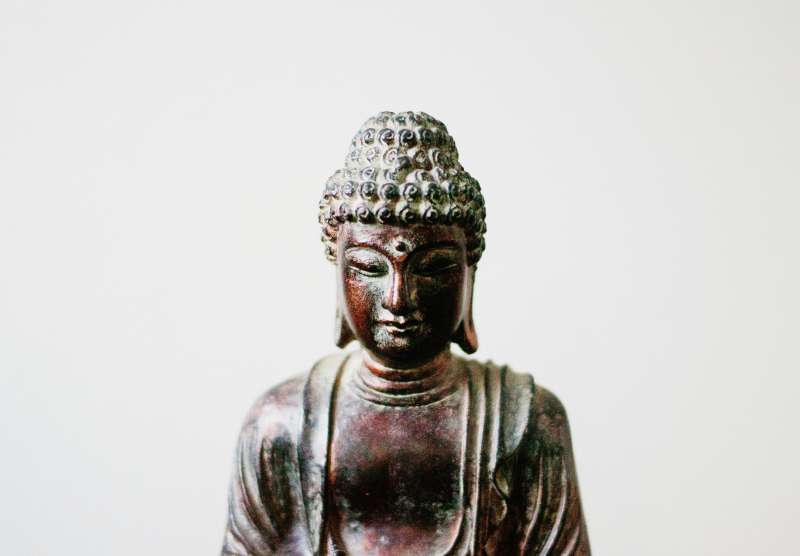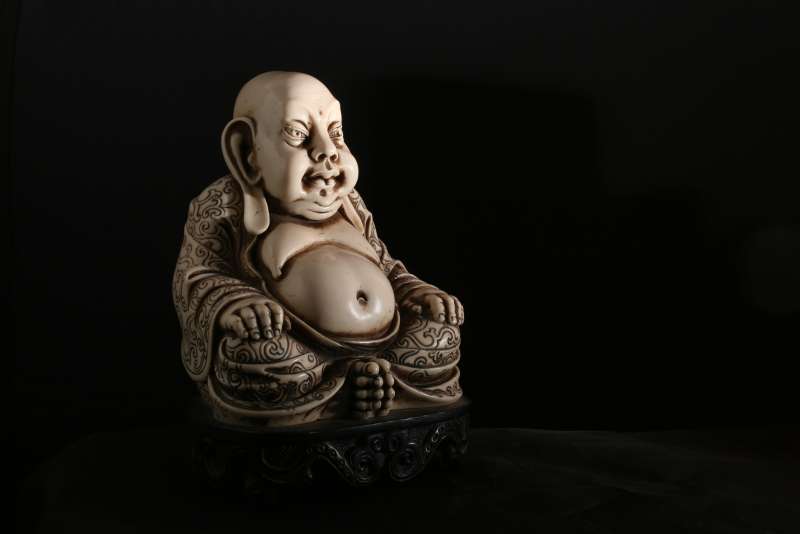The question is not what happens to you, but how you react to it
Published on: July 10, 2025
Life is an unpredictable journey full of ups and downs, joys and sorrows, victories, and defeats. In this journey, we often face situations that challenge us, test our patience, resilience, and our ability to cope. However, it is crucial to remember that what happens to us does not define us. Instead, it's our reaction to these circumstances that truly matters.
There's a saying, "Life is 10% what happens to us and 90% how we react to it." This statement holds a significant truth. We cannot control the events and circumstances that life throws at us, but we can control how we react to them. Our reaction to life's challenges determines our experience of life. For example, two people can face the same adversity, but their reactions to it can be vastly different. One may see it as a setback, while the other views it as an opportunity to learn and grow.
Eastern philosophy has long emphasized the importance of our reactions to life's challenges. It teaches us that every situation, every challenge is an opportunity for growth and learning. It invites us to see adversities not as obstacles but as stepping stones towards personal development and enlightenment. According to this philosophy, our reaction to life's events is entirely within our control. We can choose to react negatively and be overwhelmed by life's challenges, or we can choose to respond positively and use these challenges as catalysts for growth and transformation.
In conclusion, our reaction to life's ups and downs plays a significant role in shaping our life's journey. We can let life's challenges break us, or we can use them as stepping stones to become better, stronger, and more resilient. The choice is ours. As Viktor Frankl, a renowned psychiatrist and Holocaust survivor, once said, "Between stimulus and response there is a space. In that space is our power to choose our response. In our response lies our growth and our freedom."
